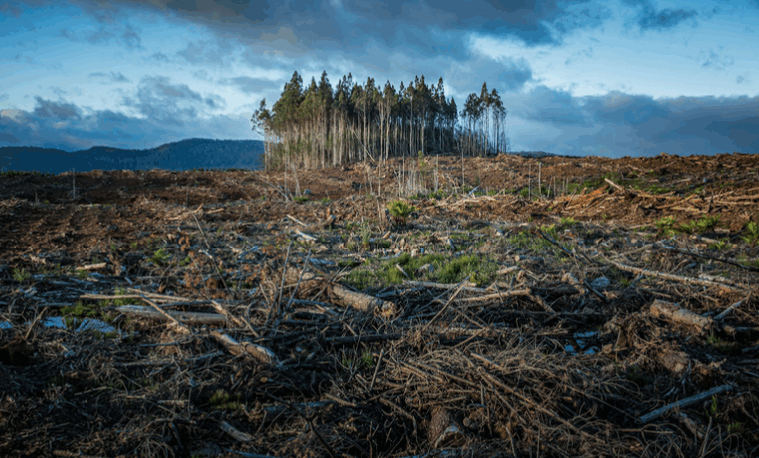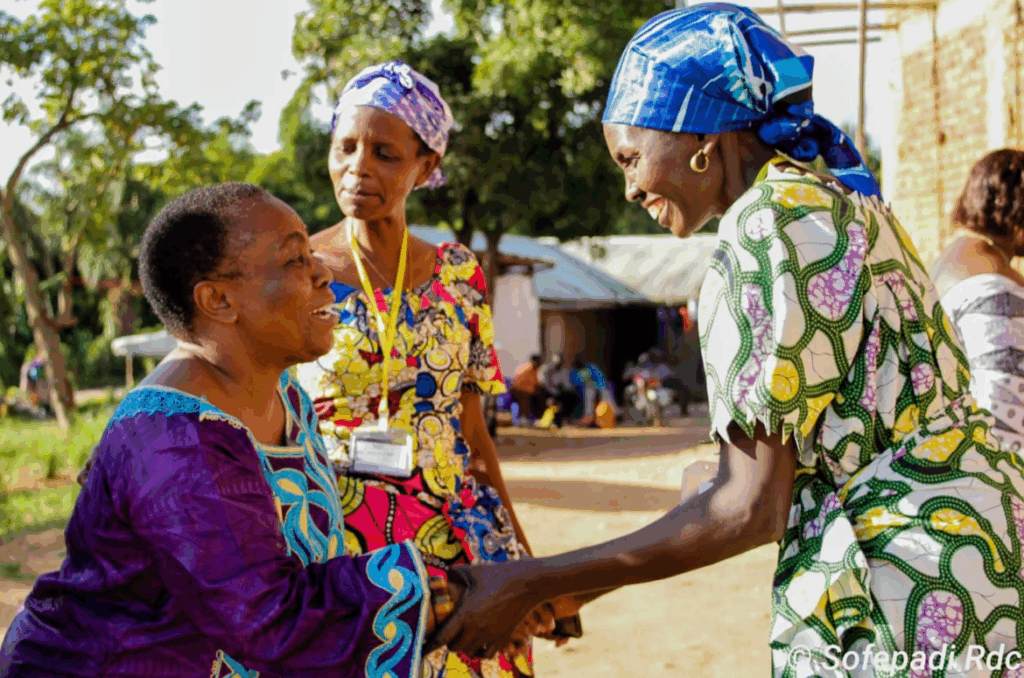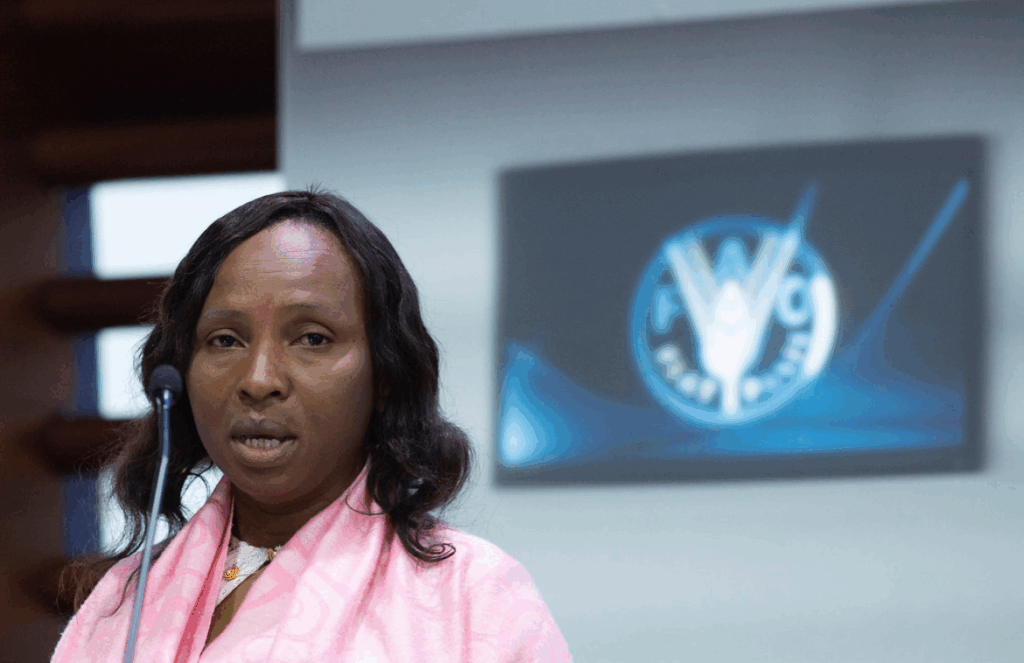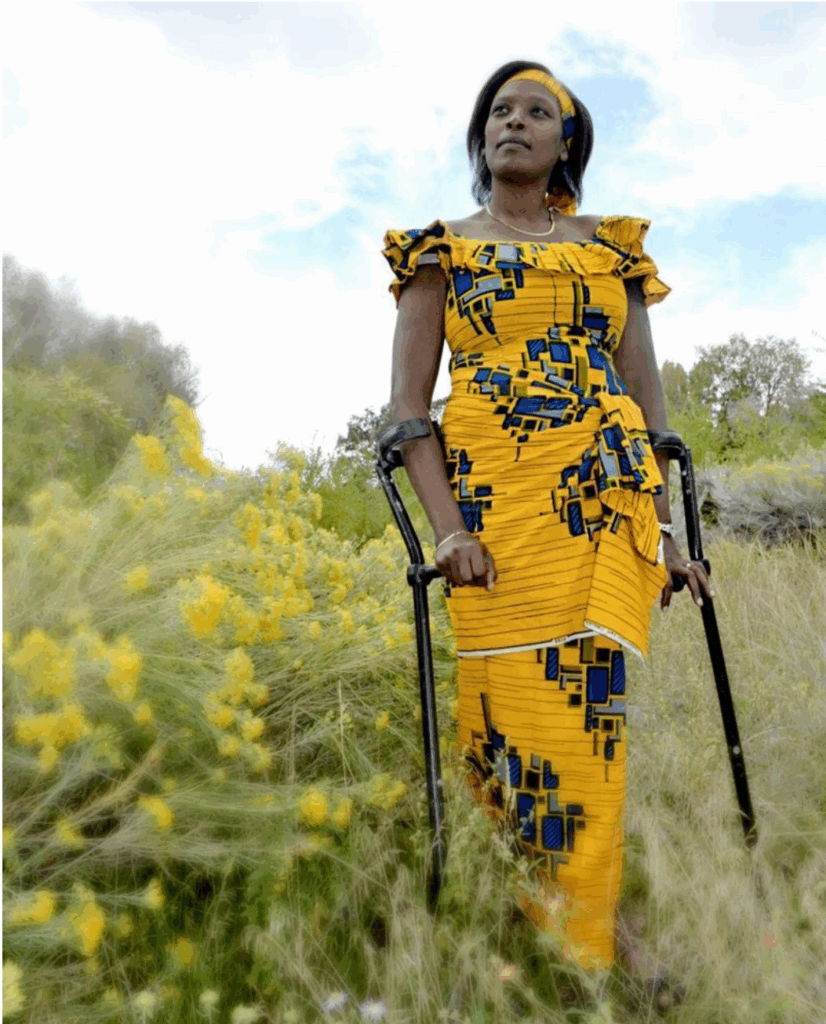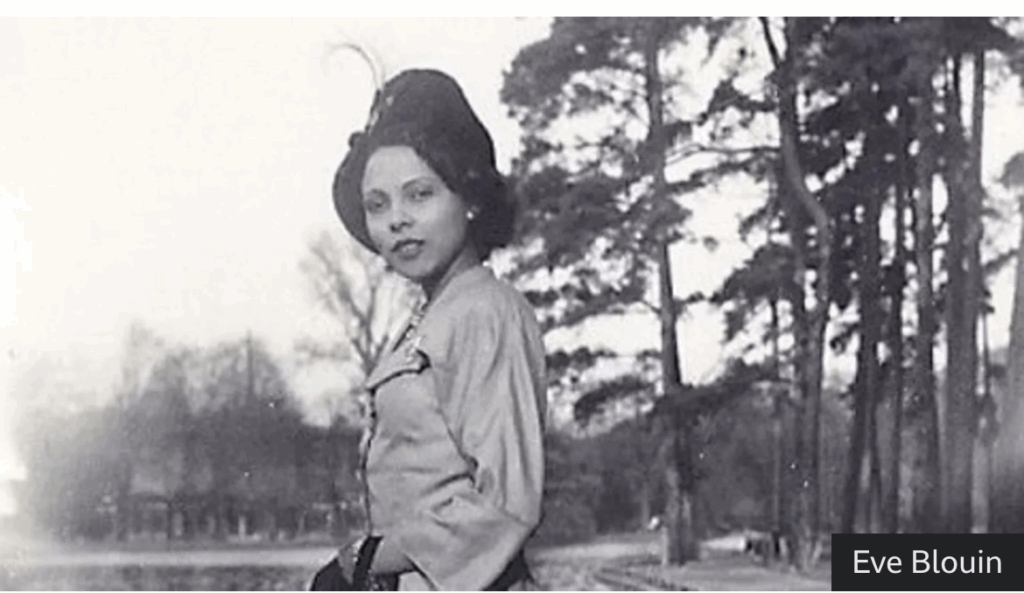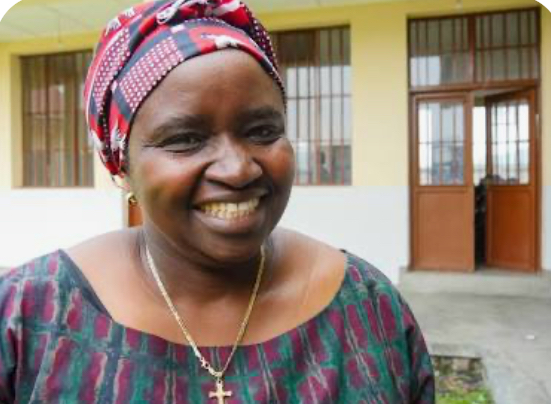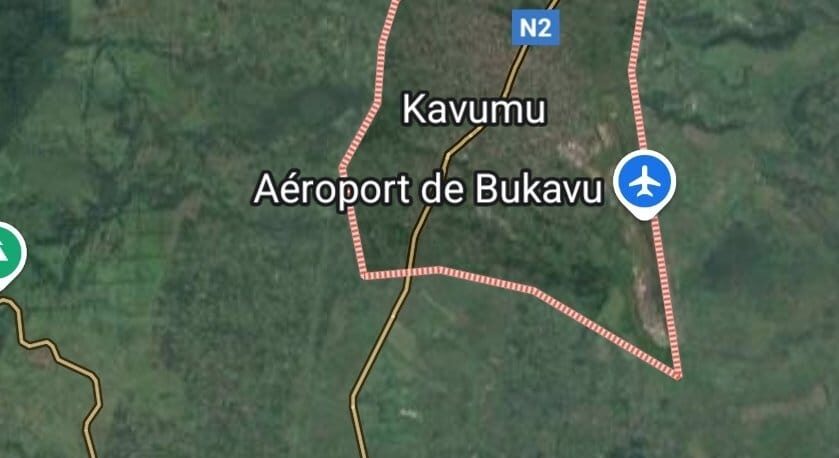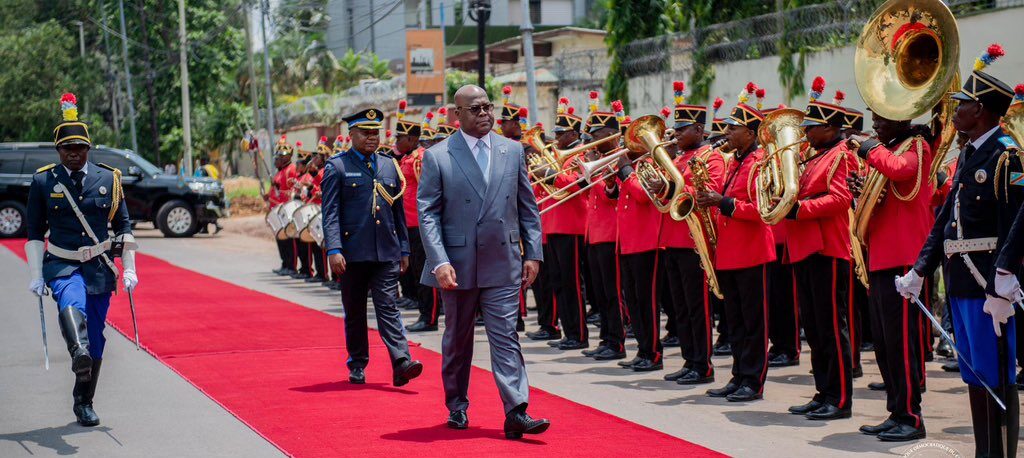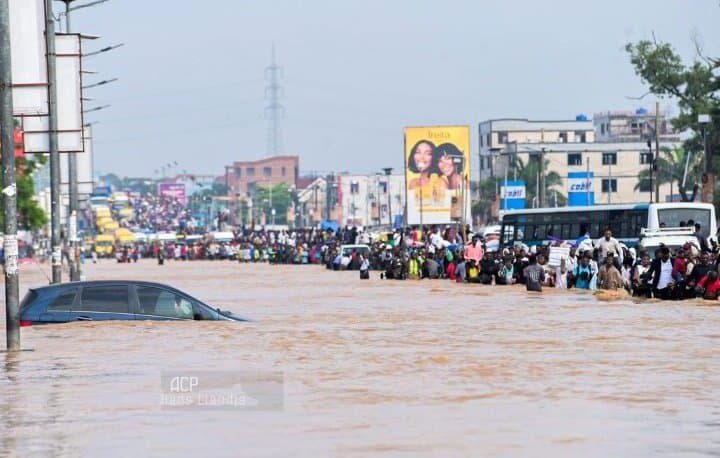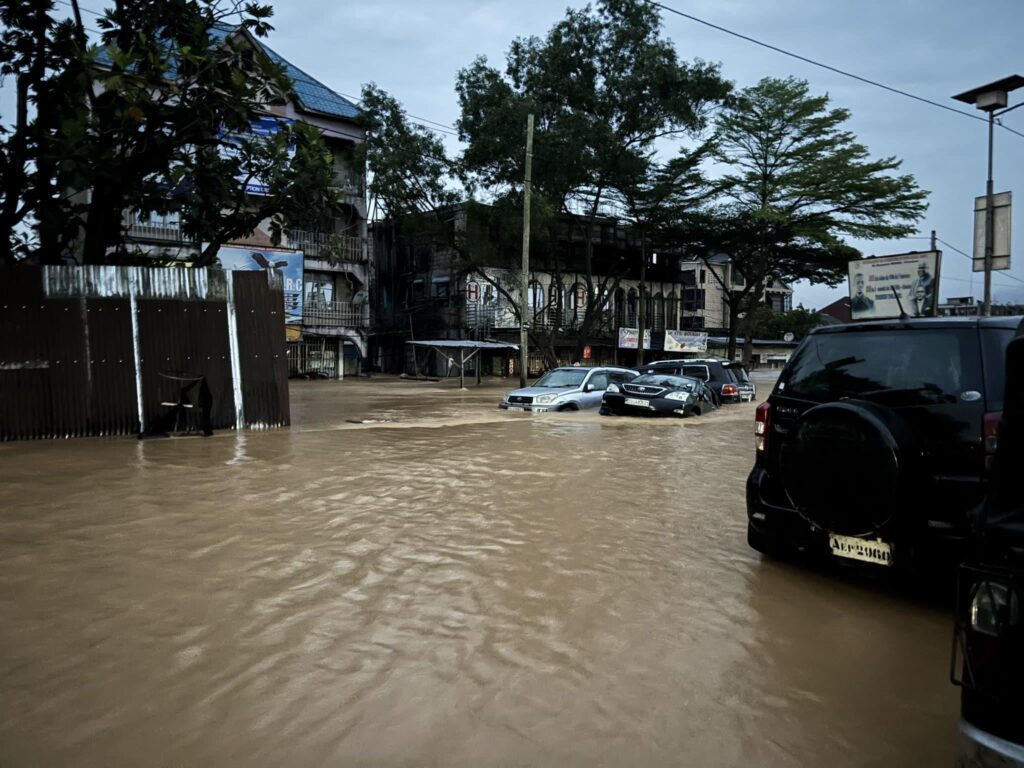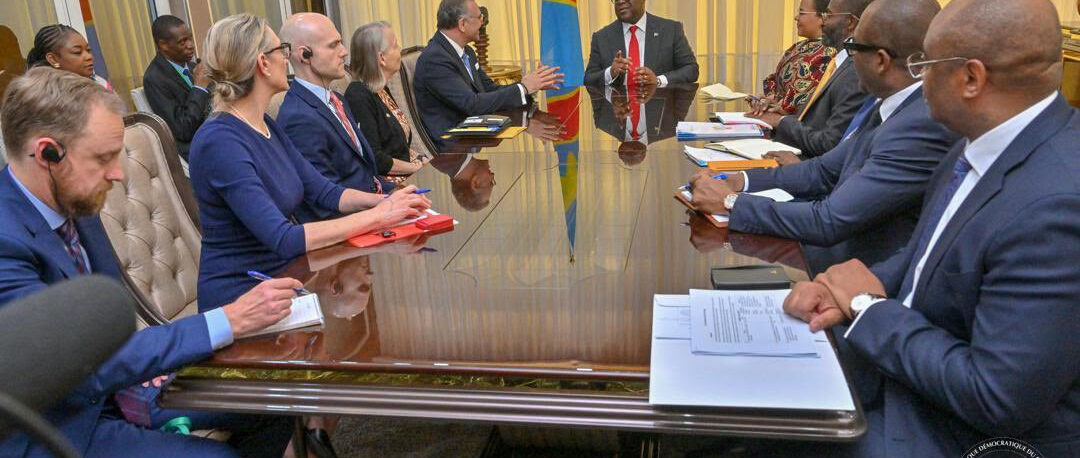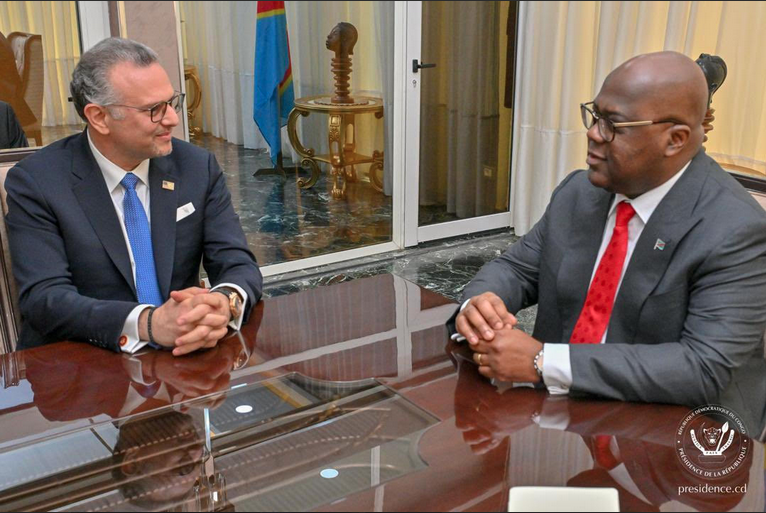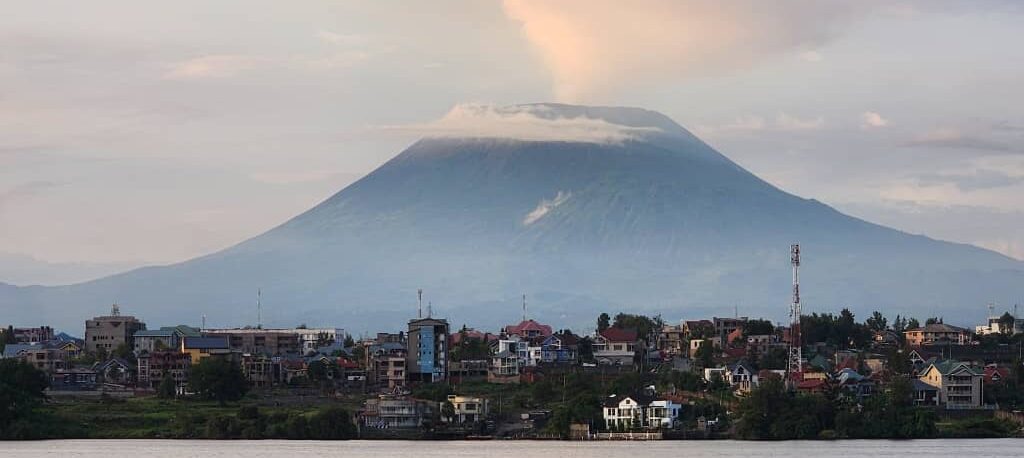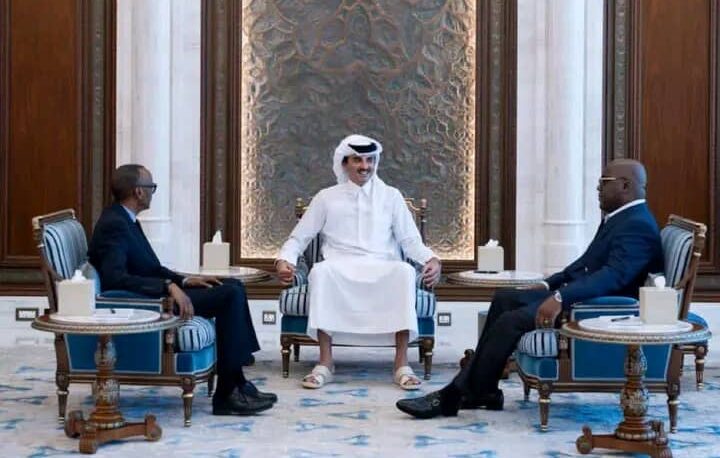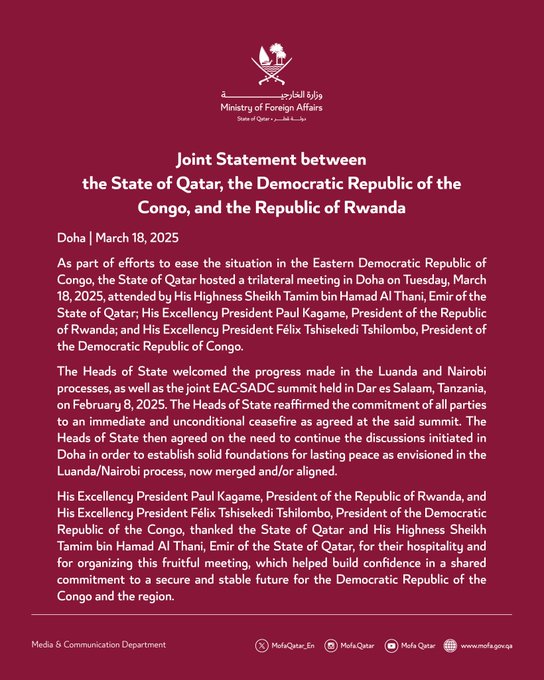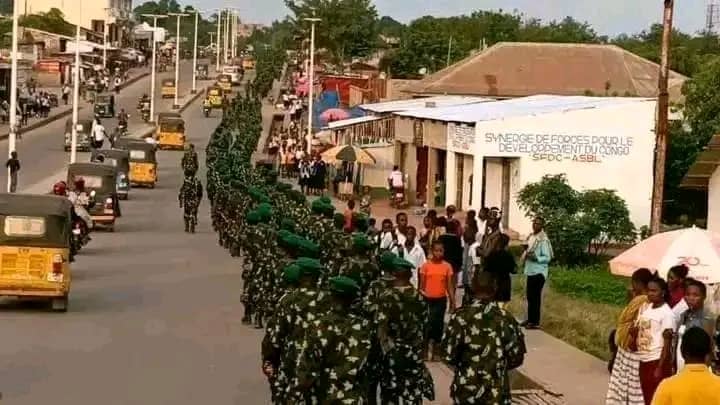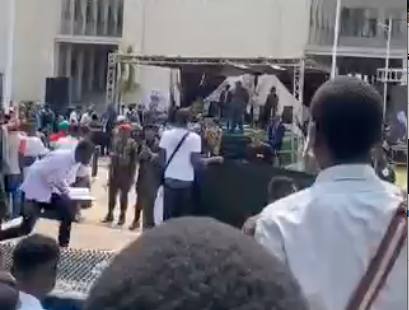The impacts of Cobalt mining in the Congo
Congo is the home of 70 percent of the world reserve for Congo. Mining Cobalt damages the region due to air pollution, water contamination, health risks, deforestation & habitat destruction, and human rights violations. While some may say that cobalt is necessary for the global transition to clean energy, Cobalt is essential for the batteries that power EVs and store renewable energy. Cobalt also comes with other costs, which are air pollution, water contamination, health risks, deforestation & habitat destruction, and Human Rights Violations. While Cobalt can help reduce carbon emissions on a global scale, it does have the strength to worsen climate injustice for the Congolese people and environment.
- Air Pollution Risk:
The risk includes short-term effects such as itchy eyes, nose & throat, and upper respiratory. This comes from the mining machinery and the dust released from the extraction and crushing of ore. Another set of risks in the long-term effects are increased lung cancer, cardiovascular disease, and the development of allergies.
- Water contamination:
The mining activities in the Congo can lead to water contamination in nearby communities. For instance, the fish in the Tshangalale Lake were found to be contaminated by the mining that occurred in the Congo. This occurred because of uranium and lead found in the water that went through acidic drainage and tailings. This combination made it a toxic contamination that posed a threat to aquatic life and humans who used the water sources for cooking, drinking, and farming.
- Health Risk:
The pollution caused by cobalt mining has caused severe health risks for the people living near the mining sites. These risks are birth defects, skin diseases, and respiratory problems. Many citizens in the community tested positive for high levels of cobalt and other toxic metals in their blood. These exposures can lead to neurological damage and a heightened risk of cancer. Moreover, people who work in the mines in Congo face health hazards due to direct contact with toxins due to the lack of protective gear.
- Deforestation & Habitat Destruction:
Mining cobalt has contributed to the deforestation in the Congo. Congo’s rainforest has been described as the “ Lungs of Africa” due to its annual net carbon dioxide, which is six times greater than the Amazon forest, and it is key to defeating climate change. Mining clears the forest and causes a reduction of biodiversity but also disturbs the balance between. The region’s climate experienced the destruction of natural habitat with the endangerment of countless species. The animals endangered were forest elephants, okapis, bonobos, etc. Deforestation also contributed to the carbon sink and absorption of large amounts of CO2. This causes high levels of climate change effects.
- Human Rights Violations:
Human rights abuses are primary in the cobalt mining industry, in which approximately 40,000 children work in hazardous conditions. Many of the minors are children who experience uncomfortable conditions and little to no pay. They are forced to work in dangerous tunnels without the appropriate safety equipment. Despite this, the miners frequently experienced injuries and toxic exposure. Other reports stated that forced labour and exploitative practices by multinational corporations had sourced cobalt for the mines. In addition, communities are often displaced to make mining projects on the land. This leads to increased poverty and loss of community.
Conclusion
In conclusion, Cobalt is essential in modern technology but also the reason for increased health risks, exploitation of the Congolese, and increased climate change effects happening in the region. To solve the issue, stronger regulations of the environment are needed, corporate responsibility is needed, and labor protections are needed as well. Ensuring human lives and reducing ecological destruction are essential to our society. But beyond preventable measures, reparations must also be considered for individuals and communities affected by the harm. In addition to empowering the Indigenous community, grassroots organizations like the Basandja Coalition are essential. The organization contains knowledge of land and forest practices and knows the solutions for a sustainable solution. Moving forward, protecting human lives and aiming for a sustainable future should be our goals.
Written by Victoria Webb

